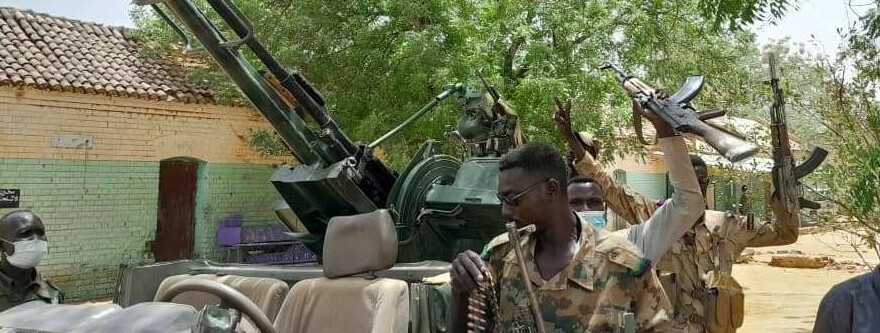The United Nations Security Council adopted a resolution Thursday demanding that the Rapid Support Forces (RSF) halt its siege of El-Fasher, the capital of North Darfur State.
The resolution, which was approved by a vote of 14-0 with Russia abstaining, expresses “grave concern” at the spreading violence and credible reports that the paramilitary Rapid Support Forces are carrying out “ethnically motivated violence” in El Fasher.
War erupted in Sudan in April last year between the Sudanese army and the paramilitary Rapid Support Forces (RSF).
Al-Fashir is the last major city in the western Darfur region not under control of the RSF.
Senior UN officials warned that some 800,000 people in El-Fashir were in “extreme and immediate danger” due to violence.
The resolution demands that the RSF and government forces ensure the protection of civilians, including allowing those wishing to move in El Fasher or leave the North Darfur capital to safer areas.
It calls for an immediate halt to the fighting and de-escalation around El Fasher, and for “the withdrawal of all fighters that threaten the safety and security of civilians.”
The resolution calls on both sides “to seek an immediate cessation of hostilities, leading to a sustainable resolution to the conflict, through dialogue,” supported by U.N. envoy Ramtane Lamamra and the African Union’s High-Level Panel on Sudan.
It also calls on all countries to halt interference fomenting conflict and instability instead of peace efforts and to remind countries supplying weapons to the combatants that they are violating a U.N. arms embargo and could face sanctions.
The resolution expresses concern at “the catastrophic and deteriorating humanitarian situation, including crisis-level or worse acute food insecurity, and the imminent risk of famine, particularly in Darfur.”




